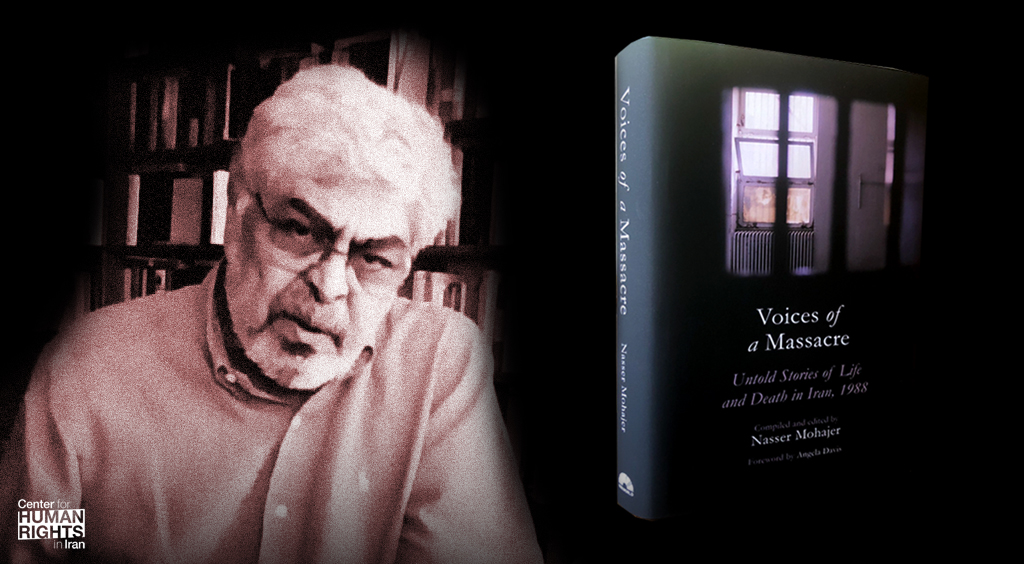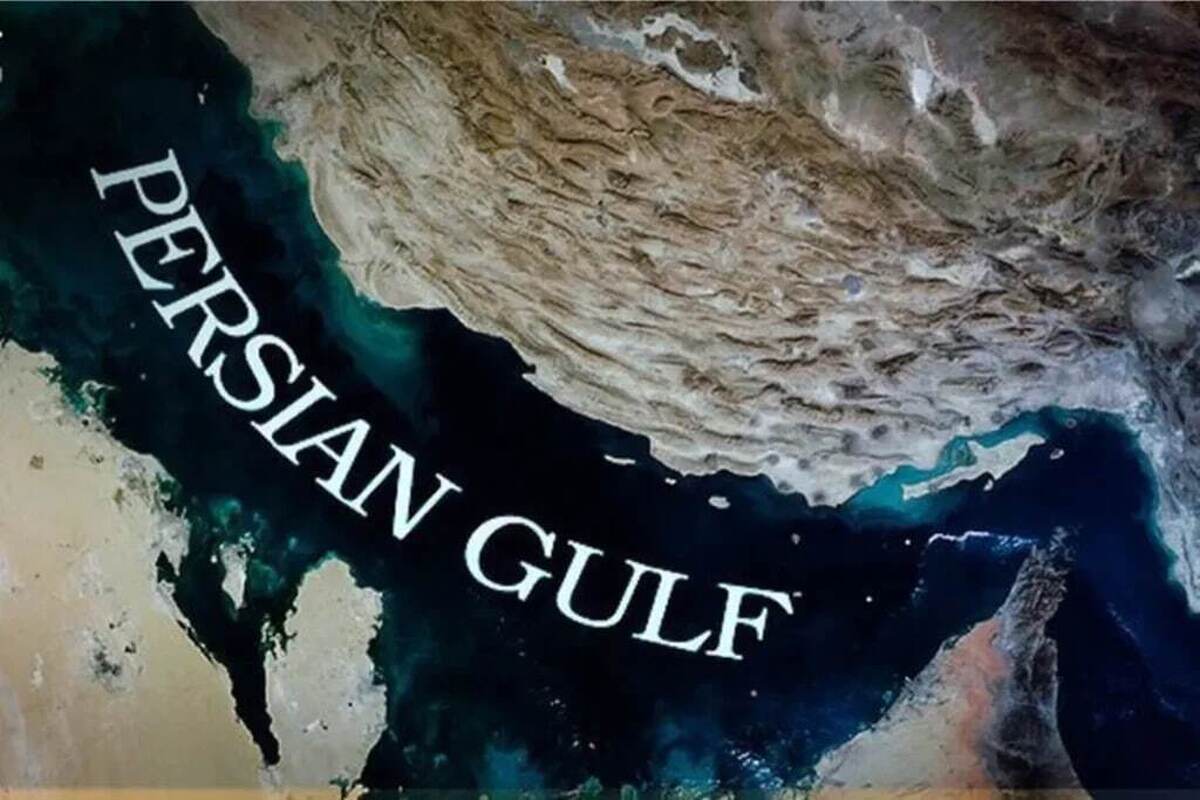
Book Review: Nasser Mohajer, Voices of a Massacre: Untold Stories of Life and Death in Iran, 1988
Book Review
Nasser Mohajer, Voices of a Massacre: Untold Stories of Life and Death in Iran, 1988
Oneworld Publications, 2020
Mansour Farhang
In 1988, the Supreme Leader of the Islamic Republic of Iran, Ayatollah Khomeini, issued a secret fatwa (a religious edict) ordering judicial authorities to execute between 4,500 and 5,000 political prisoners. The inmates were men and women, young and old who had been arrested over the previous ten years for their dissident views or participation in street demonstrations. Some were teenagers at the time of their arrest.
A tribunal that came to be known as Death Commission carried out the order within three months. Bodies of the victims were buried in mass graves and their families were kept in the dark. Three months later prison authorities informed the families but threatened them with retaliation if they try to publicize the massacre.
It took almost a year before some information about the executions came to be known by human rights activists. Only when some survivors of the massacre fled the country and Ayatollah Montazeri’s memoirs, which included his conversation with members of the Death Commission, was posted on Internet, was it possible to expose the sociopathic nature of the crimes.
Since then, International human rights organizations have documented the massacre and described it as crime against humanity. A number of exiled Iranian writers, artists and political analysts have published articles and produced documentaries about the crimes. Ervand Abrahamian’s “Tortured Confessions: Prisons and Public Recantations in Iran,” University of California Press, 1999 and Geoffrey Robinson’s “The Massacre of Political Prisoners in Iran, 1988,” published by Abdorraman Boroumand Foundation, 2013 provided witness testimonies and official statements exposing the crimes.
Also, in February 2013, a tribunal composed of the international jurists John Dugard, Michael Mansfield and Patreicia Sellers issued a verdict on the case in which the Islamic Republic of Iran was convicted of committing crimes against humanity in the 1988 -89 massacre. It declared that the Islamic Republic of Iran is guilty under the International Covenant of Civil and Political Rights.
Some members of the Death Commission are still in positions of authority in Iran. Yet, mass media in the United States has hardly covered this unprecedented massacre in the history of the Middle East region. It is due to absence of this massacre in the literature and documentaries about similar tragedies that Nasser Mohajer decided to undertake his challenging project.
‘Voices of a Massacre’ is a unique and creative portrayal of this tragic reality. Nasser Mohajer, the author who has compiled and edited the text, is a scholar of modern Iranian history. He has written a number of books and numerous articles on contemporary Iran, including on the prison systems of both pre and post- revolutionary Iran.
His new book provides a highly credible series of reflections, testimonies, eyewitness descriptions and memories of the victims’ loved ones and friends on the massacre. It reveals how Khomeini’s sociopathic fatwa was executed by the Death Commission in such details that the Iranian regime’s denial of its crimes becomes a shameless absurdity. It provides eyewitness accounts of inmates about what happened to the victims in prisons and how executions were carried out in different cities.
In a foreword to the book, Angela Davis compares the Great Massacre to other crimes against humanity in the twentieth century and concludes her comments in the following passage:
There may be those who argue that these events took place long ago and that there is little to be done today, but the fact that it has been more than thirty years since this atrocity took place is an even more compelling reason why an international solidarity movement is needed to support the demand to render the Islamic Republic of Iran accountable for past as well as ongoing acts of repression.
The suffering of Iran’s prisoners of conscience in general and the Great Massacre in particular is most vividly illustrated by the activities and memoirs of the victims’ families and friends. For they played a central role in drawing international attention to the plight of political prisoners in Iran. As the author shows, “the vanguard of this resistance and struggle was made up of women: the mothers, wives, daughters and sisters of those who braved tyranny, aspiring for a better future for their country.” These activists made a significant contribution to the rise of women’s movement in Iran, which is unprecedented in the history of the Islamic world.
The purpose of Voices of a Massacre, as the author explains, is more than exposing the lies of Iran’s clerical rulers. Rather, It “seeks to embody what Primo Levi defines as the “Duty of Memory.” That is to say, we need “to gain insight into the historical reality and portray the subtle details of the ‘policy of cruelty’ in the Islamic of Republic of Iran. In the words of Lynn Novick, co-director with Ken Burns of the documentary on the Vietnam War: “It is a shortcoming and self-humiliating to constantly say that they have lied; there is no doubt that they have lied. But what we really want to do is to show what has happened.”
‘Voices of a Massacre’ reveals the cruel nature of a theocracy that rejects the idea of human rights not only politically and socially but also in the private sphere of life. It shows how the theocrats use physical and psychological torture to suppress human qualities of hope and resistance to oppression. It is painful to read the book but a necessity to read it with care and reflect on its findings, particularly by human rights activists and Iranian dissidents who continue to struggle against the fanaticism and inhumanity of the Islamic Republic. International promoters of human rights ought to be grateful to Nasser Mohajer for producing an insightful and invaluable testimony to prove that the Islamic Republic of Iran is guilty of committing crimes against humanity.



